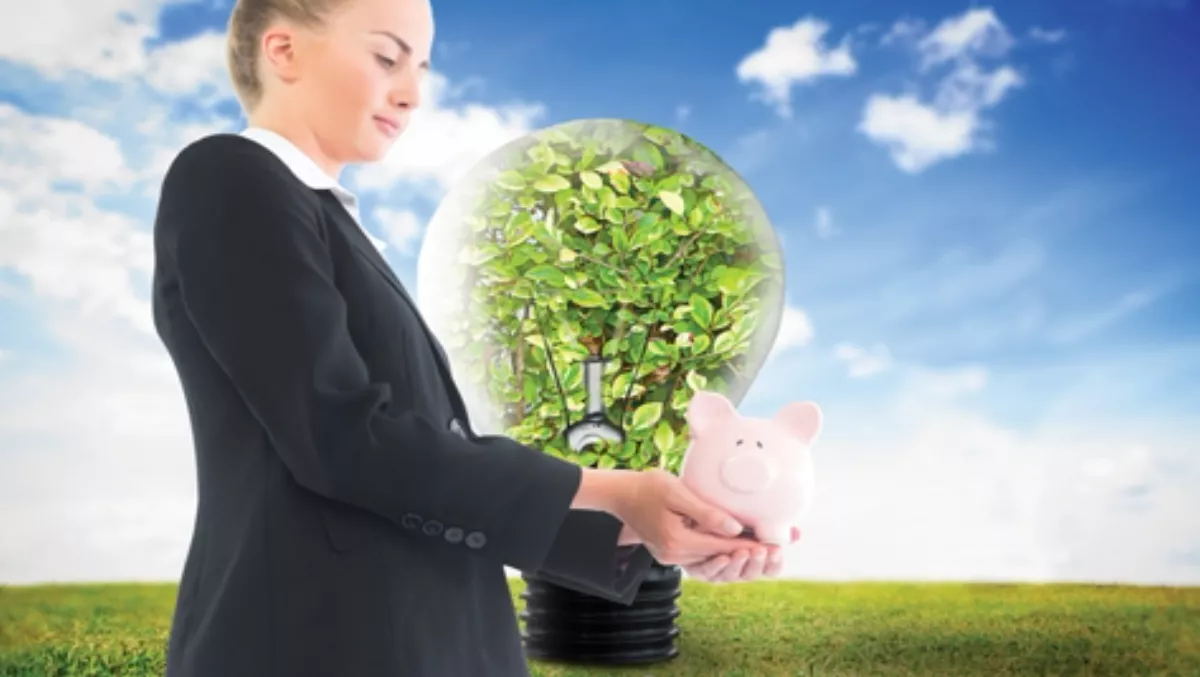
Sustainability to drive business growth
Implementing sustainability practices could generate billions of dollars in new high-value economic growth for New Zealand, says Schneider Electric's Simon Smith.
Bill Clinton has been arguing since the financial crisis of 2008 that we need to improve capitalism so that it’s more sustainable. Similarly, Michael Porter from Harvard University has been arguing that businesses need to adopt a proactive approach to sustainability and focus on ‘creating shared value’ if they want to be successful.
New Zealand companies have the potential to generate billions of dollars in new high-value economic growth from implementing sustainability practices. However, the potential can be undervalued when organisations misunderstand the mutually beneficial relationship between corporate sustainability and energy management.
Organisations should see corporate sustainability as an umbrella term that covers a number of functions, such as:• Water, emissions recycling and packaging• Human rights, communities and safety• Transparency, stakeholders and financial performance
Overall, these programmes have a compelling return on investment (ROI), such as increasing sales and overall financial performance, but the effects are not as immediate as the results of energy management programmes.
Of all the areas of corporate sustainability, the optimisation of energy-related production and consumption, known as energy management, has the highestROI, making it a very important piece of this big picture.
To give you an example, Google claims it has saved more than one billion dollars through its energy saving measures in its data centers. For data centers, specific tactics can include lowering operating temperatures, use of hot-aisle/cold-aisle configurations with better air containment, equipment with ‘economiser’ modes of operations, use of data center infrastructure management (DCIM) software, and even modular techniques.
The high return on energy management helps organisations build internal and external credibility for the concept of sustainability. The gradual introduction of programmes with less tangible ROI will be more acceptable for groups who are already familiar with similar ideas.
Building your sustainability programme An organisation can develop its sustainability programme in a number of practical ways:
• Create a business case for each project, and prioritise by return on investment
• Bundle projects, for example, combine a lighting retrofit project that reduces energy consumption by 8% with a programme that purchases renewable energy (at a slightly higher rate). This would result in an overall reduction of 5%
• Give priority to energy management projects, which usually have the highest returns. Continue to build credibility and acceptance of the programme internally, and gradually introduce projects with a less tangible ROI after your original programme has been established within the company.
In today’s environment, businesses need to understand that corporate sustainability and energy management are mutually beneficial. By working together, energy management and corporate sustainability teams can address all aspects to ensure an organisation reaches its potential efficiency, maximises cost savings, decreases its environmental footprint, and builds transparency with its stakeholders.
An organisation that understands this has the potential to lead the way in delivering high-value economic growth.
Simon Smith is regional manager, NZ and South Pacific at Schneider Electric, which offers integrated solutions across multiple markets, including leadership positions in data centers and networks.

